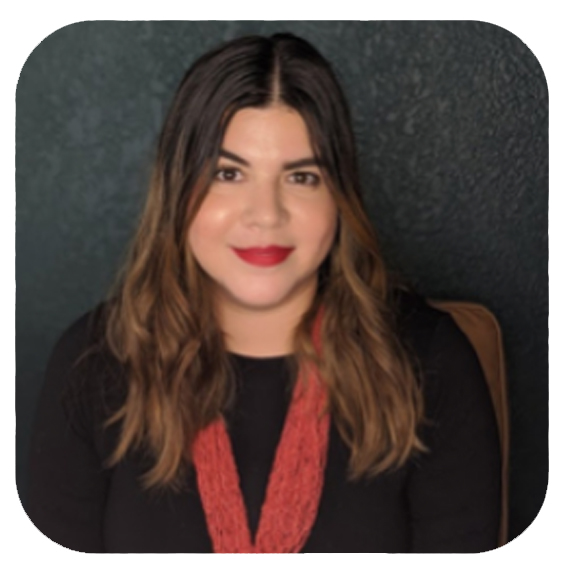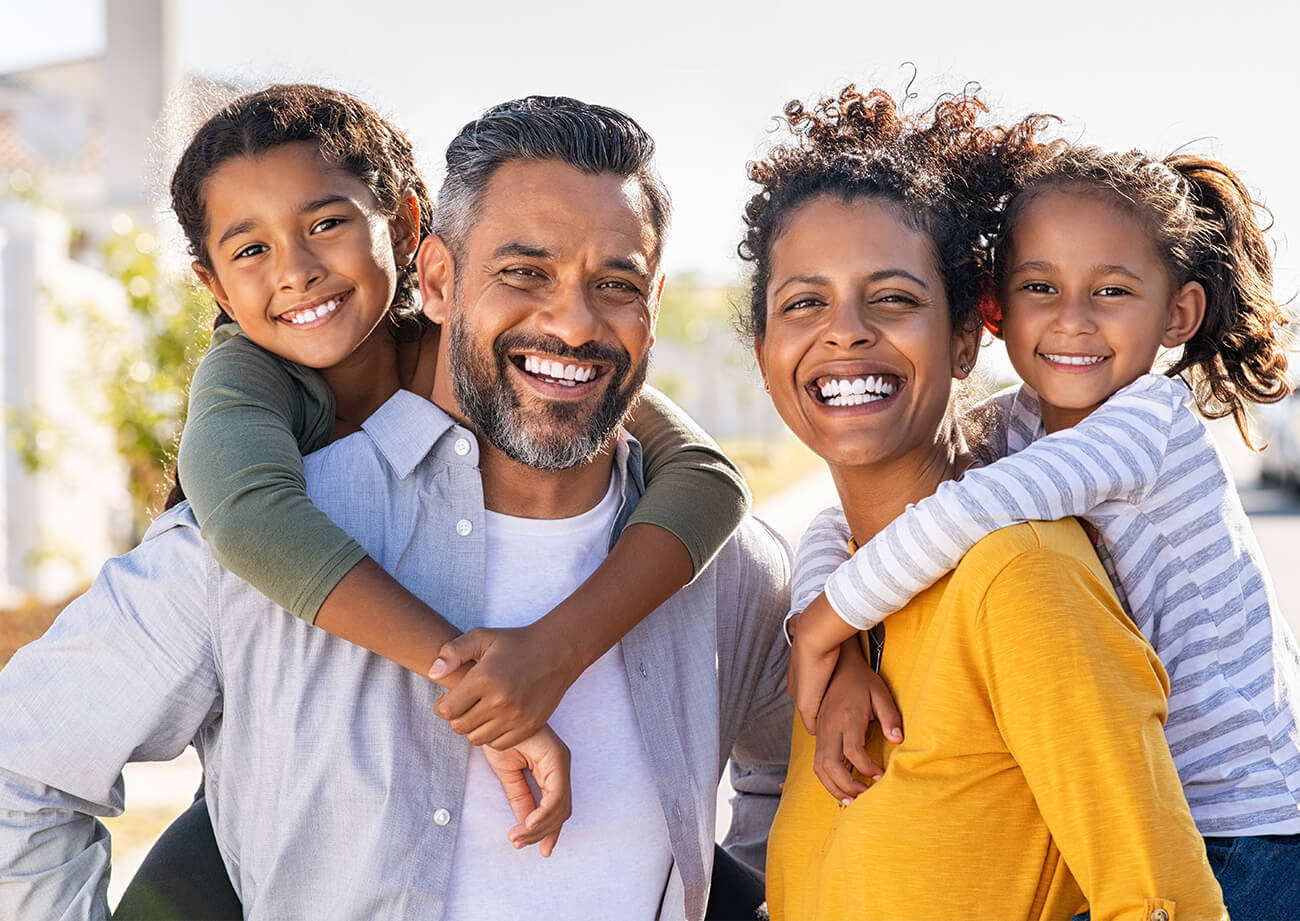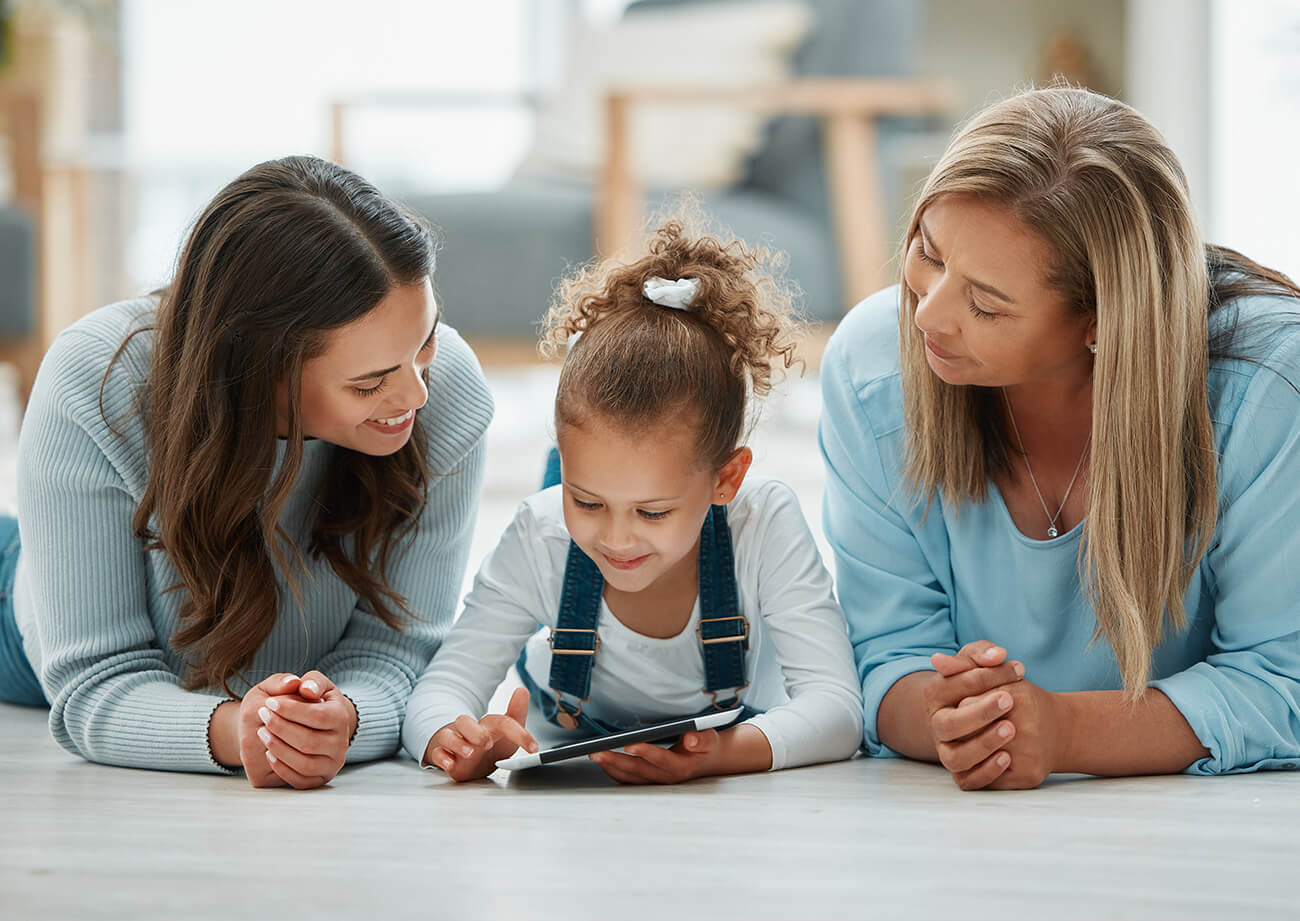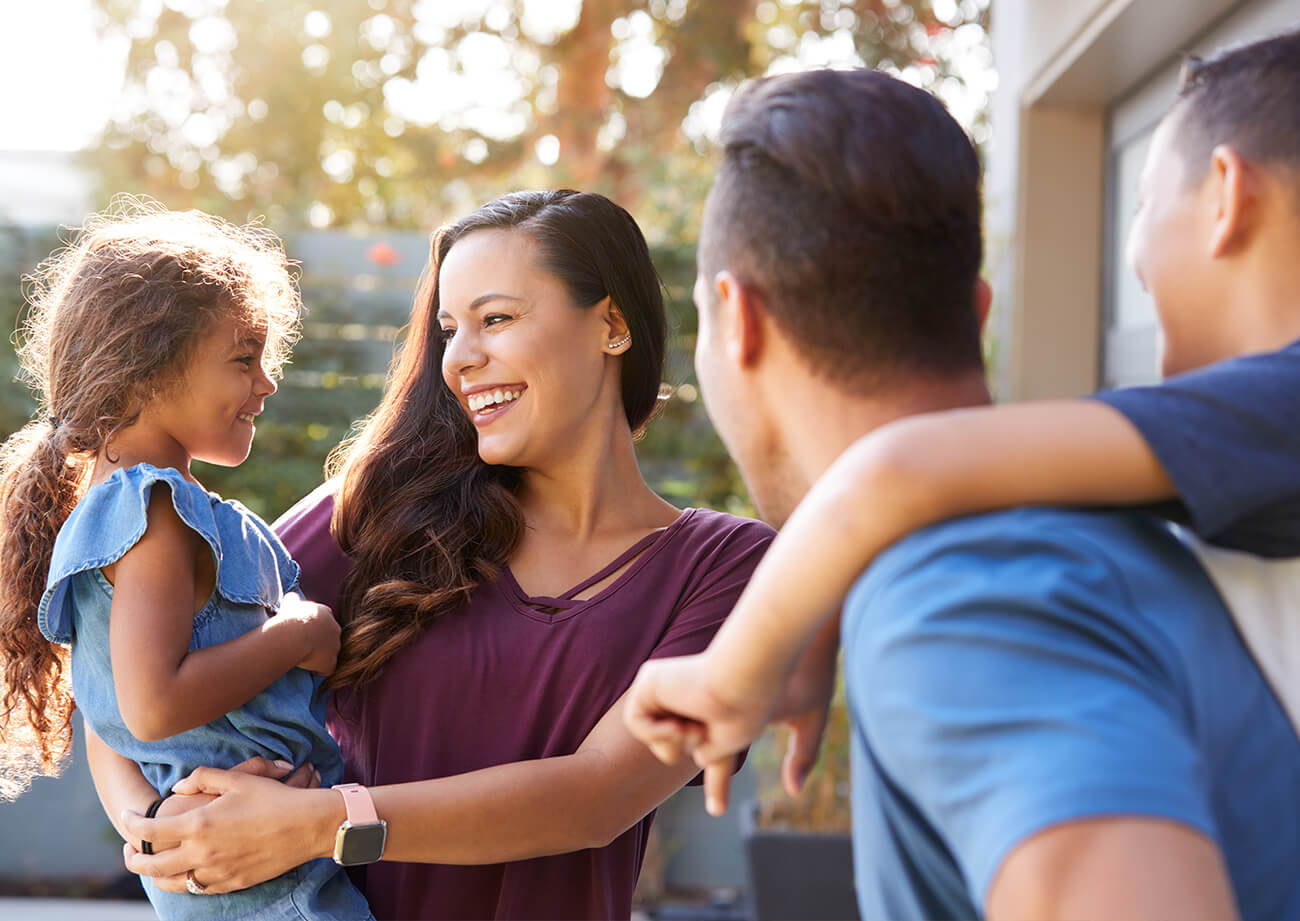Speaking Spanish is not a deficit; it is a strength: The importance of in-language resources for the Latine community
Latine mental health is not a topic we are used to reading or hearing about in media, let alone talking about in our communities. However, in recent years, there has been a significant effort to bring awareness to Latine mental health, specifically through social media platforms like Instagram and TikTok.

By Lupe Nambo-Basua
Licensed Psychotherapist
Social media opened the door for Latine individuals to learn about intergenerational trauma, ACES, positive parenting, and much more. As a result, more individuals in the Latine community feel validated by their shared experiences on social media, which has encouraged Latines to explore their own mental health. But what happens when Latine individuals want to access services and dig deeper into their mental health outside of social media?
A new study found that Spanish-language mental health services dropped by 18% between 2014 and 2019. As a result, many Latine individuals struggle to find Spanish-speaking providers and access resources, education, and information in a language they can understand. The lack of access puts Latine mental health at risk and increases the stigma around seeking support for mental health.
Mental health providers do a great disservice when they can not communicate in the native language of the people they serve. Because language plays a critical role in the effectiveness of mental health support, it should not be a barrier for Latines when trying to better themselves and their mental health.

Lupe Nambo-Basua
Licensed Psychotherapist
Lupe Nambo-Basua (She/Ella) is a bilingual Latina Psychotherapist, proud daughter of immigrants, and mental wellness advocate with a passion for supporting BIPOC in breaking generational cycles of trauma and building healthier generations. Lupe has 8+ years of experience in mental Health and wellness. Lupe strives to create sustainable mental health practices, intentionally inviting conversations that explore barriers and systemic inequities in marginalized communities and empowering communities to reclaim their mental health and live as their authentic selves.
Mental health providers do a great disservice when they can not communicate in the native language of the people they serve. Because language plays a critical role in the effectiveness of mental health support, it should not be a barrier for Latines when trying to better themselves and their mental health.
Speaking Spanish or being bilingual should not be considered a deficit but a strength. For the Spanish-speaking community, language is how one expresses one’s heritage, identity, and pride, and is a way to articulate their emotions and experiences. For this reason, it is critical to offer Spanish resources and have the cultural humility to truly see the individuals and not risk misinterpreting their experiences or diminishing the quality of their care.




“We All Have a Number Story: Your Child’s First Chapters,” co-created by Number Story and American Society for the Positive Care of Children, is a valuable toolkit for parents and caregivers of babies and young children seeking to understand how they may be impacted by their own childhood experiences, and how they can help ensure a strong start for their kids. Providing this toolkit in Spanish, “Todos Tenemos Una Historia De Un Número: Los Primeros Capítulos de su Niño,” and getting it to caregivers and providers who serve Spanish speaking families helps ensure access to communities more likely to experience barriers to resources. This in turn helps break cycles of intergenerational trauma and build resilience.
Seeking mental health support should not be a maze, nor does support have to be exclusive to services for individuals. Creating opportunities for Latines to build community while addressing their mental health gives a sense of belonging, shared experiences, and a network of support.
Always start with the community if you seek answers to bridge the gap with in-language services. Building strong communities that advocate for mental health is a great place to start addressing mental health challenges and needs. More can be achieved when individuals come together, collaborate, and share resources in their language.
We live in a society that praises individualism. Still, one thing I have learned as a therapist in the field over the past couple of years is that community is everything, and collective healing is impactful. For many of the Latine individuals I serve, community-oriented support is where they thrive. Community support looks like partnering with local community organizations to host workshops in Spanish to teach families about ACES, gentle parenting, anxiety, and other topics meaningful to their lives. Creating spaces for individuals to come together and share their narratives in their native tongue is sacred. Spaces like this give the Latine community access to information and opportunities to become teachers and pass their knowledge on to their family and friends. It gives them tools to break cycles, heal, and invest in future generations.
Note: Latine is a gender-neutral term used throughout the blog.


Resources
For information on ACEs and the positive parenting of children ages 0-5, American SPCC and the ACE Resource Network have collaborated to provide a free, downloadable toolkit:
HistoriaDeTuNumero.org provides awareness and education around the impacts of childhood adversity and toxic stress, featuring robust sections like Sanación y Prevención (Healing and Prevention) and Ayudar a Mis Niños (Help My Kids).
Looking for a Spanish-speaking provider?
Check out the following directories.
References & Sources
- Castaño, M. & Biever, Joan & González, Cynthia & Anderson, Kathryn. (2007). Challenges of Providing Mental Health Services in Spanish. Professional Psychology: Research and Practice. 38. 667-673. 10.1037/0735-7028.38.6.667.
- Santiago-Rivera, Azara & Altarriba, Jeanette. (2002). The Role of Language in Therapy With the Spanish-English Bilingual Client. Professional Psychology: Research and Practice. 33. 30-38. 10.1037/0735-7028.33.1.30.
- Martha Rojo, PhD, RN, clinical assistant professor, College of Nursing, University of Arkansas for Medical Sciences, Little Rock, Ark.; George Pro, PhD, MPH, health services researcher, department of health behavior and health education, University of Arkansas for Medical Sciences, Little Rock, Ark.; Hector Colon-Rivera, MD, MRO, medical director, Asociacion Puertorriquenos en Marcha and clinical staff, University of Pittsburgh Medical Center, and president, American Psychiatric Association Hispanic Caucus, Pittsburgh, Pa.; Psychiatric Services, May 3, 2022, online



Lupe Nambo-Basua
Licensed Psychotherapist
Lupe Nambo-Basua (She/Ella) is a bilingual Latina Psychotherapist, proud daughter of immigrants, and mental wellness advocate with a passion for supporting BIPOC in breaking generational cycles of trauma and building healthier generations. Lupe has 8+ years of experience in mental Health and wellness. Lupe strives to create sustainable mental health practices, intentionally inviting conversations that explore barriers and systemic inequities in marginalized communities and empowering communities to reclaim their mental health and live as their authentic selves.
Resources like these are provided by American SPCC – a national nonprofit dedicated to building positive childhoods for all children by empowering parents and caregivers with research-backed education and support.
This work is made possible by passionate donors and community advocates. Learn how you can get involved and support the mission here.
Previous Section
